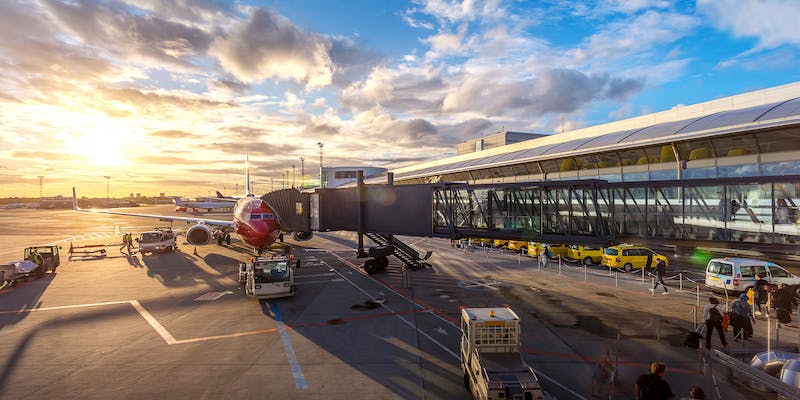In a concerning turn of events, AerCap, one of the world’s largest owners of commercial aircraft and aviation leasing providers, has fallen victim to a ransomware attack. This incident marks the fourth time in the past six months that the aviation industry has been targeted by cybercriminals. The Irish-based company filed a disclosure notice with the US Securities and Exchange Commission (SEC) on Monday, highlighting the gravity of the situation.
Background on AerCap Holdings
AerCap Holdings is renowned as a global leader in the aviation leasing industry, boasting an extensive fleet of commercial aircraft. With a strong presence worldwide, the company has gained a reputation for its comprehensive range of leasing services. This significant player in the aviation sector lodged the SEC 6K form, revealing the cybersecurity incident it experienced on January 17th, 2024.
Cybersecurity Incident
AerCap’s disclosure notice to the SEC confirmed that the company fell victim to a malicious ransomware attack. The incident, which occurred in January 2024, prompted AerCap to take immediate action. The company swiftly initiated an extensive investigation into the breach, enlisting the expertise of third-party cybersecurity professionals. Additionally, the appropriate law enforcement agencies were notified to aid in the pursuit of justice.
Impact and Investigation
As is customary during such incidents, the full extent of the breach’s impact remains unknown at this stage. AerCap admitted in its disclosure notice that it is uncertain whether any data was exfiltrated or otherwise compromised by the ransomware attack. The investigation is currently ongoing, with experts diligently working to assess the extent of the damage caused by the cybercriminals.
AerCap’s Financial Overview
Notwithstanding the cybersecurity challenge faced by AerCap, the company has been experiencing notable financial growth. In both 2022 and 2023, AerCap’s annual revenue surpassed $7 billion, marking an impressive 35% increase compared to the previous year. This robust financial performance underscores the company’s position as a key player in the aviation leasing industry.
Ransomware Attacks in the Aviation Sector
The recent ransomware attack on AerCap is part of a worrisome trend within the aviation sector. Throughout 2023, several prominent aviation companies fell prey to cybercriminals. In September, Air Canada suffered an attack attributed to the BianLian ransomware group, followed by attacks on Boeing in November by the LockBit gang. Likewise, Japan Aviation Electronics became a victim of the ALPHV/BlackCat ransomware group. More recently, on January 8th, 2024, Kenya Airways was hit with a breach claimed by the Ransomexx group. Notably, both Air Canada and Kenya Airways are leasing customers of AerCap, highlighting the potential ripple effects of such incidents within interconnected aviation networks.
Connection to Other Airlines
AerCap’s broad reach encompasses dozens of major carriers across the globe. Notable airlines such as Delta, United, British Airways, Lufthansa, Air France, Qatar Airways, and AirAsia avail themselves of AerCap’s leasing services. The interconnectedness of the aviation industry underscores the critical need for heightened cybersecurity measures to protect not only individual companies but also the broader ecosystem.
The ransomware attack on AerCap, one of the largest aviation leasing providers globally, serves as a stark reminder of the increasing cyber threats faced by the aviation industry. The incident highlights the urgent need for enhanced cybersecurity measures, not only within individual companies, but also across the entire aviation network. As an industry reliant on trust, safety, and customer confidence, it is imperative that airlines, leasing companies, and other stakeholders unite to tackle these cyber challenges head-on. Only through collaborative efforts and robust defenses can the aviation industry mitigate the risks posed by cybercriminals and preserve its operations and reputation for the long term.

